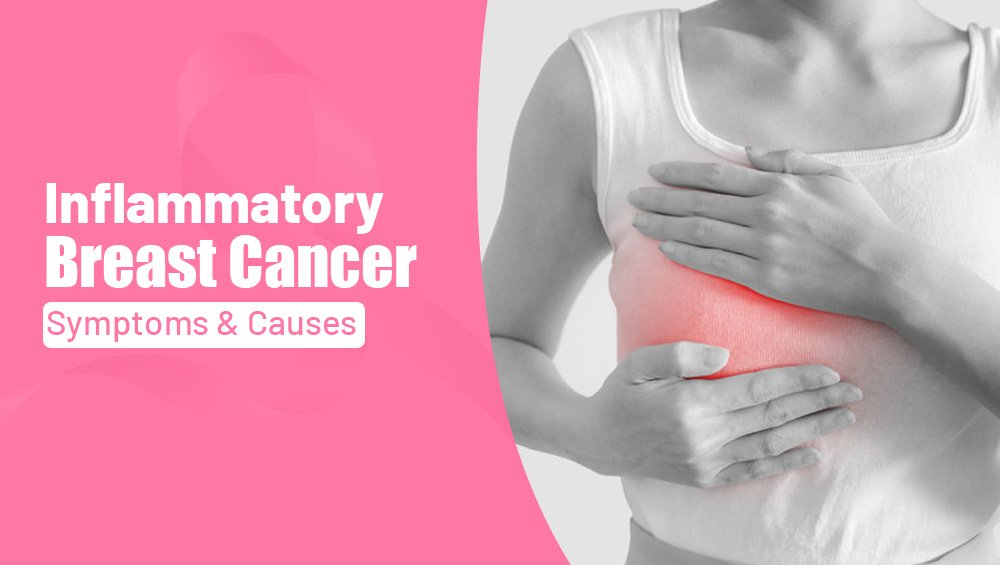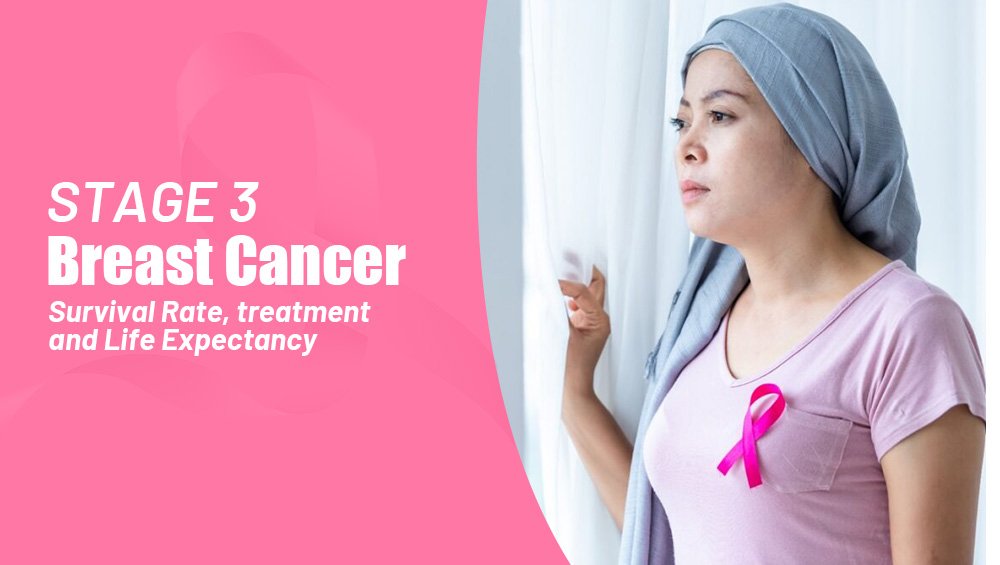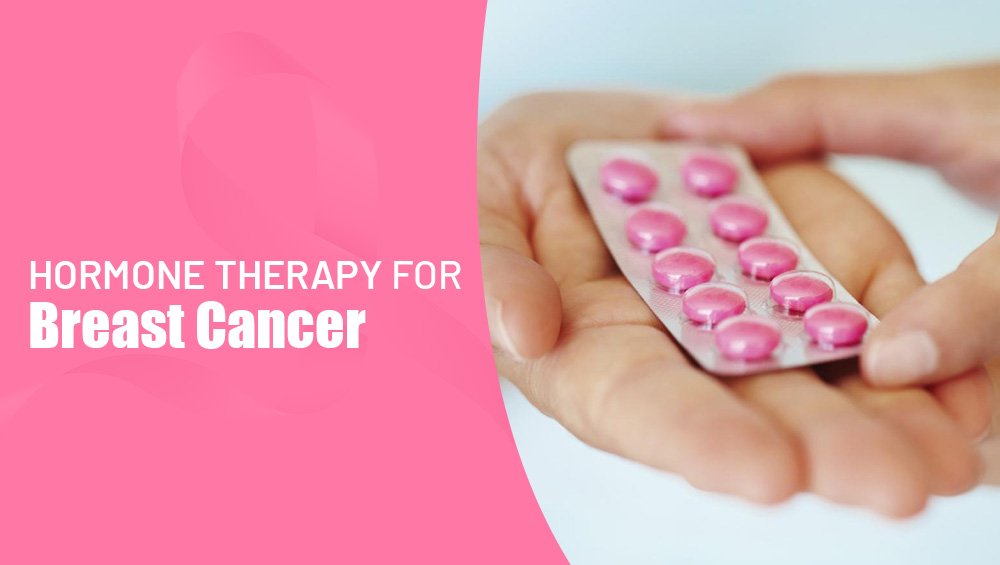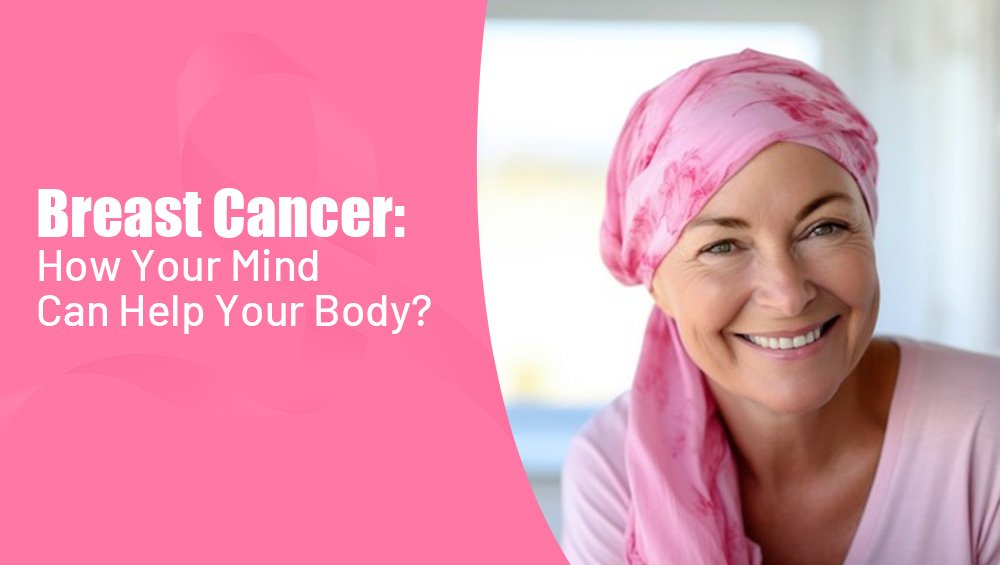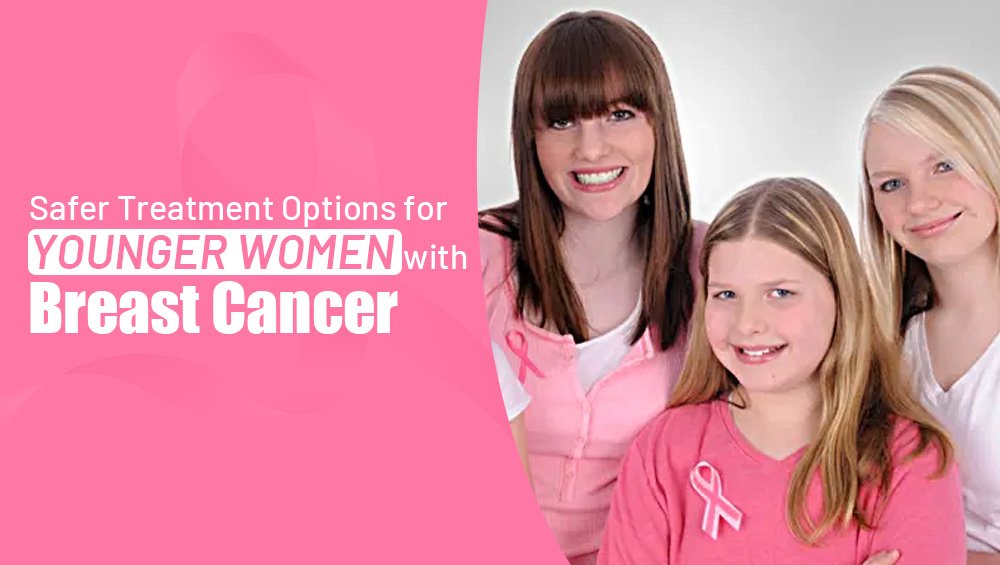
In the face of adversity, the strength and resilience of young women battling breast cancer are awe-inspiring. Their unwavering spirit and determination deserve the best care and treatment options.
We understand the unique challenges faced by younger women diagnosed with breast cancer and the crucial need for safer, tailored treatment approaches. That’s why we are proud to present a breakthrough in the field of oncology — a groundbreaking advancement that empowers young women with safer treatment options.
Safer Treatment Options for Younger Women with Breast Cancer — because every young life deserves the best possible chance at a brighter future.
The Challenges Faced by Younger Women with Breast Cancer
Younger women diagnosed with breast cancer face a unique set of challenges and concerns throughout their journey. Recognizing and addressing these specific aspects is essential for providing comprehensive and tailored care.
Here are some key areas that require attention:
- Fertility Preservation: Many younger women have not yet started or completed their family planning when diagnosed with breast cancer. The potential impact of cancer treatments on fertility can be distressing. It is crucial to discuss fertility preservation options, such as egg or embryo freezing, before starting treatment. By addressing fertility concerns, we empower women to make informed decisions about their reproductive future.
- Emotional Well-being: A breast cancer diagnosis at a young age can be emotionally overwhelming. Younger women often face unique psychosocial challenges, such as concerns about body image, relationships, and the impact on their careers or education. Providing emotional support through counseling, support groups, and resources specifically tailored to their age group is vital in addressing these concerns and promoting mental well-being.
- Long-Term Health Considerations: Younger women with breast cancer have more years of life ahead of them after treatment. Long-term health considerations, such as the risk of recurrence, late effects of treatment, and potential long-term side effects, need to be addressed. Close monitoring, survivorship care plans, and lifestyle modifications can help optimize their long-term health and reduce the risk of future complications.
Your doctors can offer holistic care that goes beyond the physical aspects of treatment, by understanding and acknowledging these challenges. Tailoring interventions to address fertility preservation, emotional well-being, and long-term health considerations is crucial in supporting younger women with breast cancer on their path to recovery.
The Paradigm Shift: Safer Treatment Approaches
Breast cancer treatment has witnessed a paradigm shift with groundbreaking advancements that prioritize the safety and long-term outcomes of younger women. These advancements are revolutionizing the way we approach treatment. Here are key highlights:
- Precision Medicine:
Precision medicine has transformed the landscape of breast cancer treatment. By analyzing the genetic makeup of tumors, doctors can identify specific mutations and alterations that drive cancer growth. This knowledge enables the selection of targeted therapies that specifically address the underlying molecular changes, enhancing treatment effectiveness while minimizing adverse effects.
- Targeted Therapies:
Targeted therapies have emerged as powerful weapons against breast cancer. These therapies focus on blocking specific molecular targets involved in cancer growth and progression. They are designed to disrupt the signaling pathways that fuel tumor growth, offering a more precise and effective approach. Targeted therapies have shown promising results in improving treatment outcomes and reducing toxicity, leading to safer treatment options for younger women.
- Personalized Treatment Plans:
Each breast cancer case is unique, and personalized treatment plans are now becoming the norm. By considering individual factors such as tumor characteristics, patient preferences, and genetic profiles, doctors can tailor treatment regimens to optimize outcomes while minimizing unnecessary interventions.
Personalized treatment plans ensure that young women receive therapies that are best suited to their specific needs, maximizing the chances of successful treatment and long-term well-being.
These innovative approaches represent a significant leap forward in breast cancer treatment for younger women. With safer approaches you can get safer and more effective treatments, improving outcomes and enhancing the overall quality of life for those facing breast cancer.
Holistic Care: Supporting Emotional and Psychological Well-being
Breast cancer not only affects the physical well-being of younger women but also takes a toll on their emotional and psychological health. A breast cancer diagnosis can evoke a range of emotions, including fear, anxiety, sadness, and anger.
Providing a supportive and empathetic environment where women feel safe to express their emotions is crucial. Your oncologist can offer individual counseling, support groups, and coping strategies to help women navigate the emotional challenges that arise during treatment and survivorship.
Younger women face unique psychosocial challenges related to relationships, body image, sexuality, and fertility. Integrating psychosocial resources into their care can help address these concerns. Support programs specifically tailored to their age groups, such as fertility preservation options, educational materials, and peer support networks, provide valuable information, guidance, and connections to others facing similar experiences.
By addressing the emotional and psychological aspects of breast cancer, holistic care aims to improve the overall well-being of younger women. It recognizes that healing involves more than just physical recovery—it encompasses emotional resilience, self-care, and the cultivation of a positive mindset.
Closing Statement
To sum up, the availability of safer treatment options for younger women with breast cancer marks a significant milestone in the fight against this devastating disease. By understanding and addressing the unique challenges they face, from fertility preservation to emotional well-being and long-term health considerations, we can provide comprehensive and tailored care that prioritizes their individual needs.

